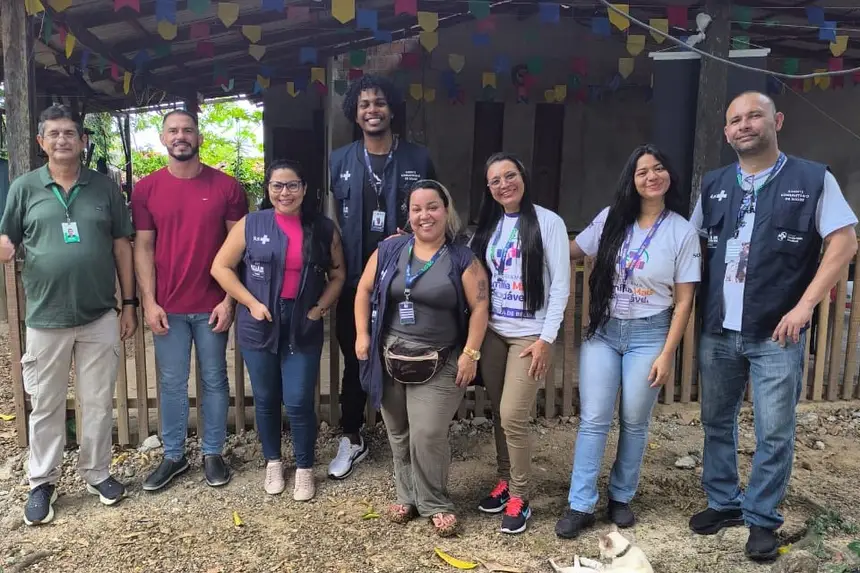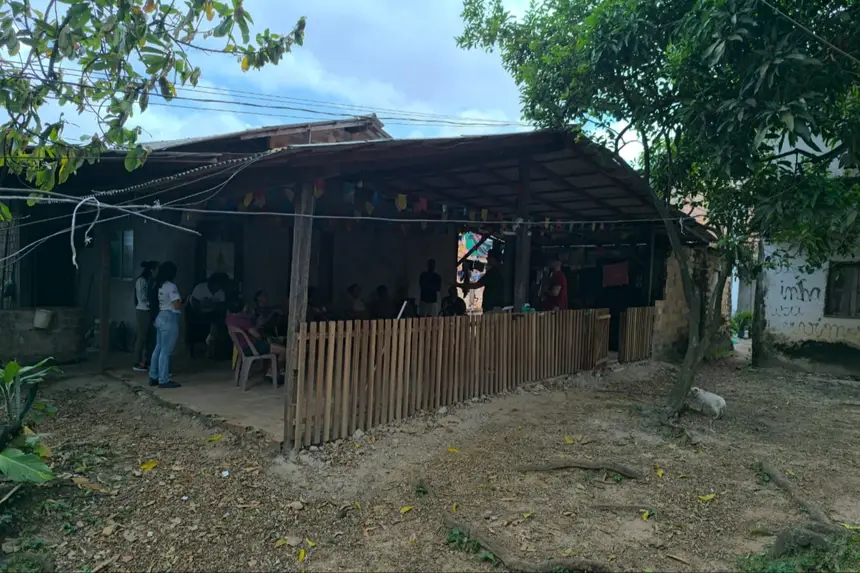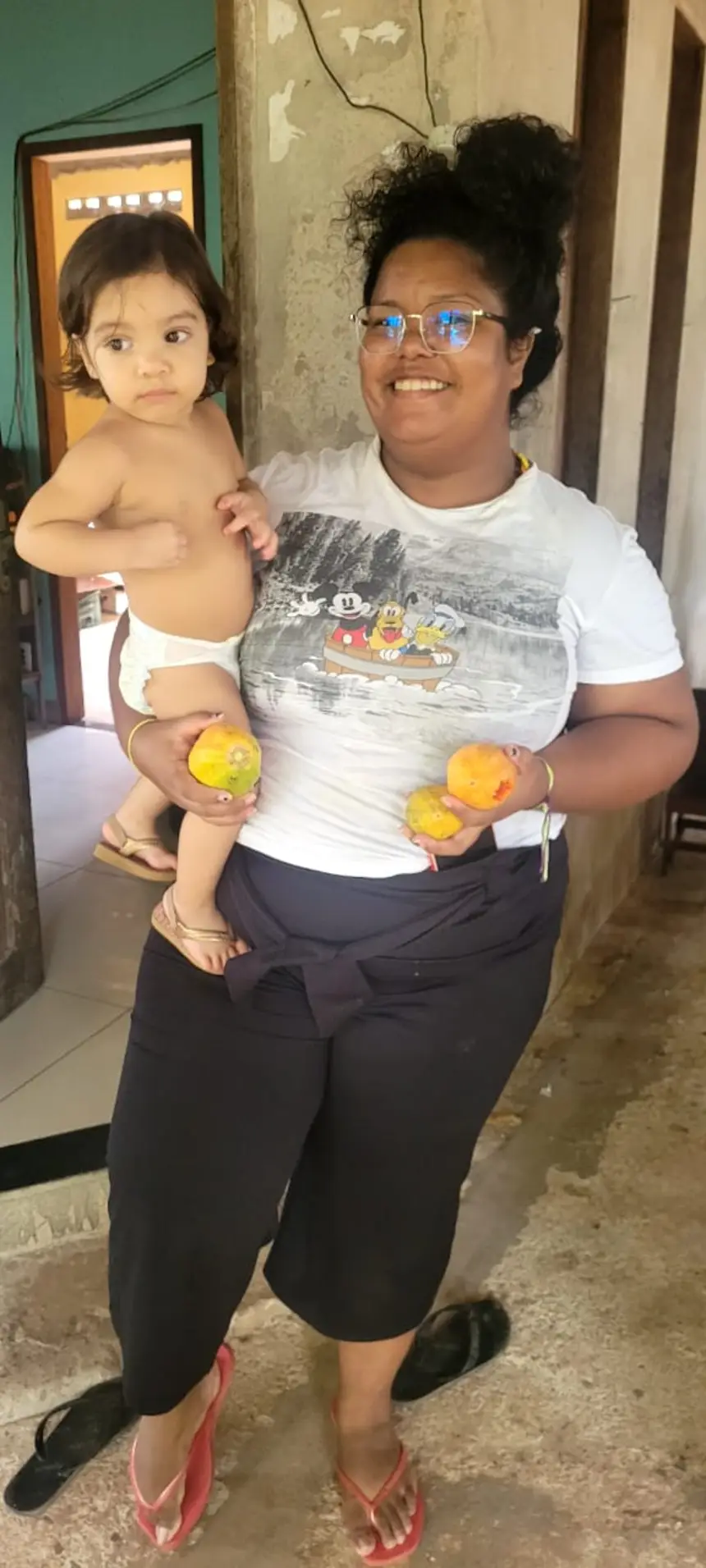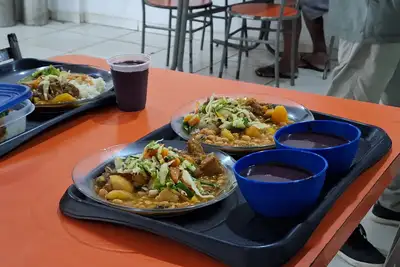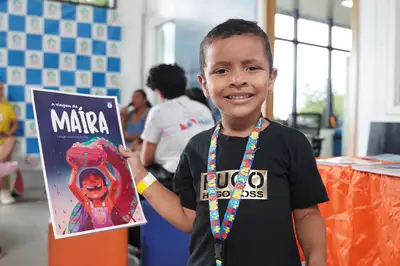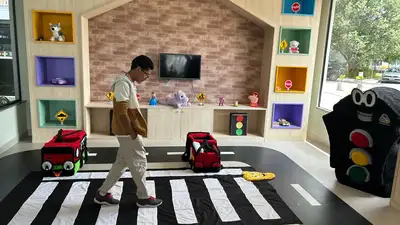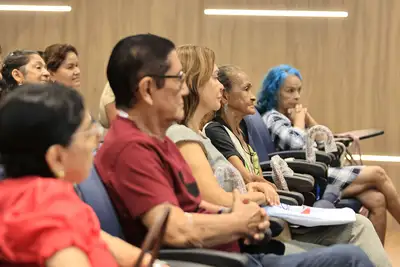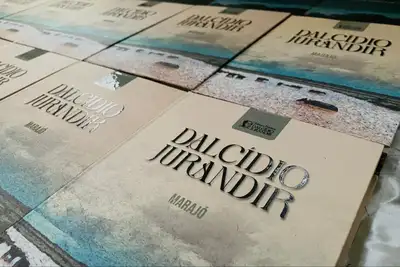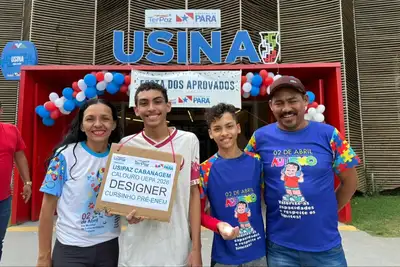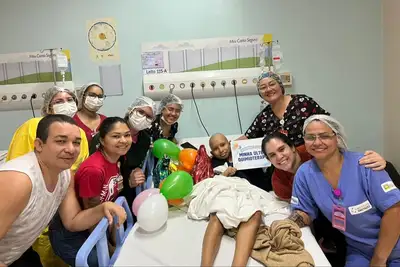With the support of Emater, homes in Outeiro can gain productive gardens and backyards
The Neighbor Garden project is an initiative of a group of community health agents, and Emater provides rural technical assistance for the production of healthy food
Under the guidance of the local office of the Technical Assistance and Rural Extension Company of the State of Pará (Emater) in Belém, residences in the urban and peri-urban areas of the Outeiro District can transform gardens and backyards into agroecological gardens.
The Neighbor Garden project is an initiative of a group of six community health agents (acss) from the Municipal Health Unit (UMS) of Icoaraci, aimed at promoting healthy eating and strengthening bonds of coexistence among those who live nearby.
Initially, it is expected that 400 residents of the Cruzeiro neighborhood will be involved in education about the role of nutrition in the prevention and treatment of diseases such as diabetes and hypertension, and in the culture of sharing and solidarity within the social environment.
On Thursday (30), at a general presentation meeting of the Project, held at the home of one of the interested families on Santa Isabel Street, agronomist Jader Moura, a specialist in Public Management and Agribusiness and a master's degree holder in Agricultural Sciences, a representative of Emater in the partnership, provided information about the feasibility of planting species such as green onions and tomatoes in small domestic spaces, and the possibility of recycling everyday waste, such as plastic materials.
"It is a cross-cutting public policy measure that integrates family farming, health, social assistance, and urban planning. Emater's collaboration comes to help build structures that truly excite, generate harvests, and are easy and inexpensive to maintain. Much of the area within these properties is sometimes idle or wasted, and a lot of waste from everyday things, which usually becomes trash, can be converted into structural parts of the gardens," considers Jader Moura.
For community health agent Jaylon Assunção, a member of the project's founding team, Emater contributes knowledge, especially scientific: "In the sense of guiding the participating population regarding the planting process and the reuse of materials that are not contaminating or toxic. The topics are cultivation, management, and sustainable alternatives so that each participant can have a garden at home, gain another level of food autonomy, and share the products of this garden with their neighbors," he says.
According to the proponent, the action is expected to extend, in the near future, to the neighborhoods of Campina and Maracacuera.
"It is an incentive to adopt a healthier diet, in addition to reinforcing bonds in a community full of alleys and small neighborhoods. There will be domestic and community gardens, all functioning in reciprocity," he estimates.
Practical Action
The house that hosted the official presentation of the Project this week is a legacy of generations and is historically surrounded by an orchard and medicinal plants.
"It belonged to my paternal grandparents, now my mother lives in it; all of us in the family have always frequented it; I take rain baths with my little nephews. It is a place with açaí palm, jackfruit tree, lime tree, banana tree, ingá tree, and pupunha tree. My mother already has medicinal plants. Planting more vegetables will enrich the landscape, improve our diet, intensify solidarity with the neighborhood, and here most of the neighbors are relatives. It is a privilege to have all this contact with nature," reports interior design technician Thaynana Cilene Andrade, 24 years old.
The young woman interprets that the more plantings, the more beauty in the scenery, more thermal comfort, and more quality of life: "Here, at night, there are so many trees and plants that it even gets cold, even with the brick houses - and this is in the middle of the city, it's curious, people can't even imagine. It increases the wind, provides shade, enhances circulation, and purifies the air," she adds.
Text by Aline Miranda


